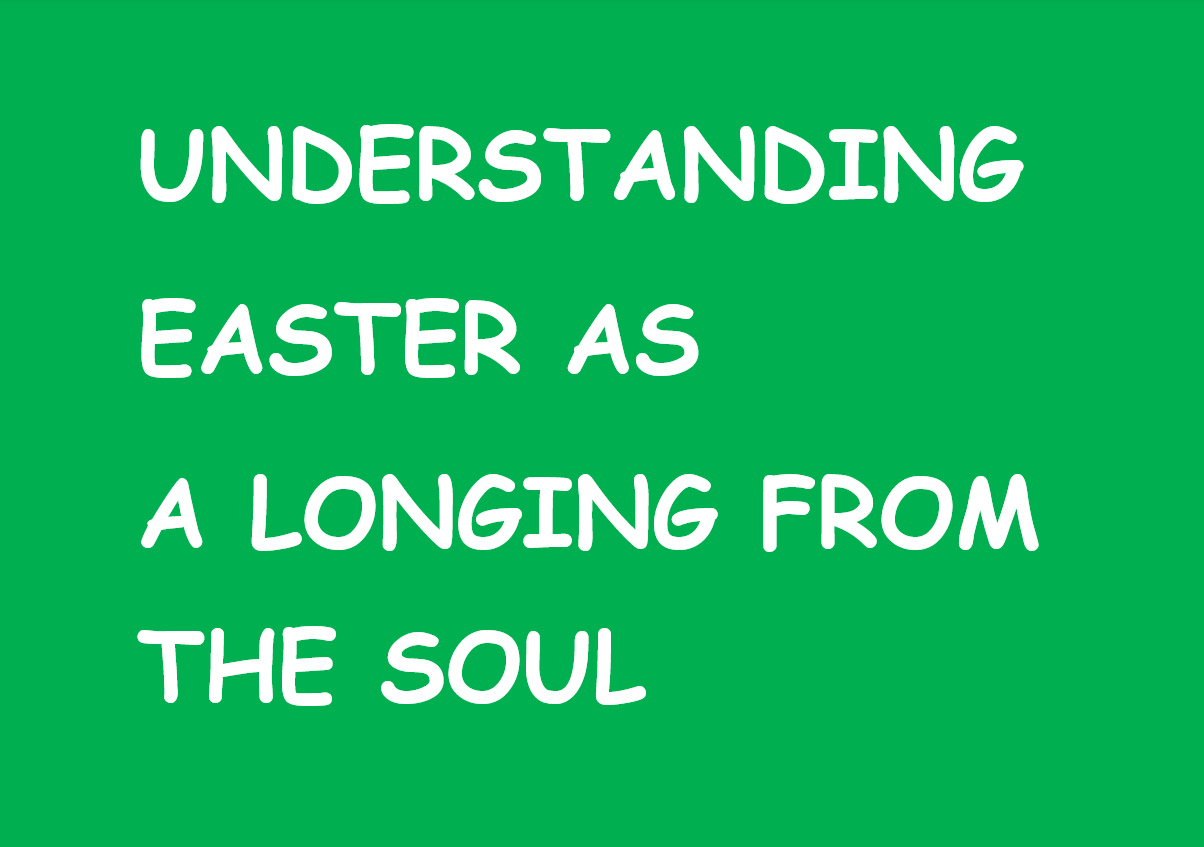
With Easter upon us, many take time to reflect on its enduring meaning. For Christians, Easter commemorates the resurrection of Jesus. Apart from Christianity, Easter celebrates the arrival of spring as new life emerges from the death of winter.
In past segments, I’ve written about Easter as a metaphor( Easter as Psychological Metaphor: The Resurrection of Hope and Meaning. | Pastoral Counseling Syracuse NY).
Today, I want us to look at the Easter story, not from a specific theological point of view but from a more inclusive spiritual one that expresses a longing from deep within the human psyche. Easter and Mental Health – Church and Mental Health
THE RESURRECTION STORY
We all know the basics about Jesus’s birth, life, death, and resurrection, viz. he was a man born of a virgin’s union with God, preached love and worked miracles, was crucified, placed in a tomb and, after three days, rose again.
For Christians, based on Biblical text, the resurrection proves both Jesus’s divinity and that faith in Him brings eternal life. Interestingly, these same elements are found in other pagan religions and myths.
PARALLELS IN OTHER ANCIENT MYTHS AND RELIGIONS
While the lives of other resurrected heroes are not identical to Jesus’s life, death, and resurrection, they share several key points such as being conceived by a virgin, being a divine/human man, teaching and performing miracles, and being resurrected after three days. For example, here are a few of their names:
— OSIRIS, From 2400 bce. This is a complicated myth in which the Egyptian king/god, born from a virgin, is torn to pieces by his brother, but reassembled and brought back to life by his wife, Isis.
— ATTIS, from 1200 bce. This Greek heroic figure was born from a virgin, died and rose again after three days.
— DIONYSUS – 500 bce. In Greek mythology, Dionysus was born from a virgin, performed miracles, and was torn apart by the Titans. He was later reassembled and brought back to life. Was Christ a Copycat? | ReasonableTheology.org
A SPIRITUAL LONGING
Indeed, the general theme of a god dying and returning to life is not uniquely Christian. Over the years, scholars have compared other resurrection myths to the Easter story.
Not unexpectedly, the comparisons raised scholarly suspicions and controversies. Questions of whether Christianity incorporated resurrection from other pagan myths are not settled. To be clear, I’m not concerned about any of that.
What is essential for me is the existential longing that the story expresses. Indeed, what stands out from the Easter story psychologically is the experience of hope and fulfillment. Jesus’s resurrection demonstrates that physical death is not the end of life. It affirms that permanent meaning and purpose emerge after the experience of terrible loss.
It is not simply coincidental that resurrection appears in various forms in other different cultures and geographic locations throughout ancient history. I believe these stories express a universal longing and reveal the desire for a redeemed existence and a human connection with God. Likewise, they express confidence that life has an ultimately positive outcome and meaning.
APPLYING THE EASTER STORY TO OUR LIVES
Our continued interest in Easter reveals humanity’s innate spiritual nature despite living in a modern, post-mythic culture. The great mysteries about life and death persist regardless of the culture’s level of technology. All humans have an existential curiosity/ anxiety about their ultimate destiny.
Even though some may be put off by the narrative’s scientific impossibility, its overall emotional impact touches our hearts in ways that go beyond rational or scientific explanation.
The story’s triumph of death reveals our ultimate destiny. It stands as a protest to mortality and meaninglessness. Life’s anxiety and fear of death are not simply psychological problems or existential threats. They are the foundation of a spiritual quest.
We all need to experience a sense of transcendence and meaning in the wake of our awareness of the transient physical nature of life.
HOPE AND MENTAL HEALTH
Emotionally, Easter’s hope and joy have a significance that goes beyond their cultural or spiritual meaning. The experience of hope is a defining characteristic of mental health.
It is the joyful and resilient YES in the face of darkness and the futility of life. Hope defiantly refuses to give in to despair and meaninglessness.
Conversely, the absence of joy and hope is a common indication of psychological disorders, such as depression and anxiety. Without hope, life is tragic and without the chance of redemption or joy.
Whatever your perspective or spiritual beliefs, may the power of the Easter season lift your spirit and increase your joy.
Rev. Michael Heath, LMHC, Fellow A.A.P.C. 4 17 2025



